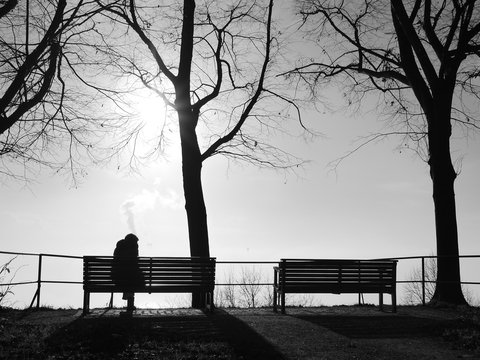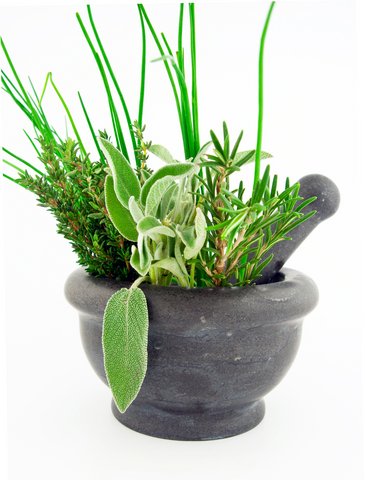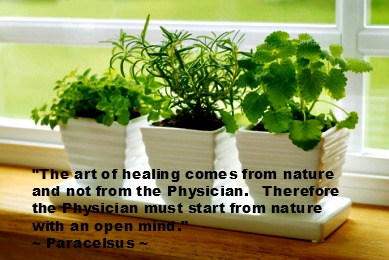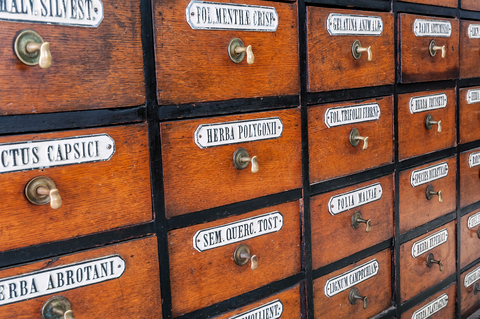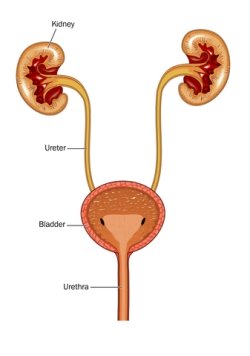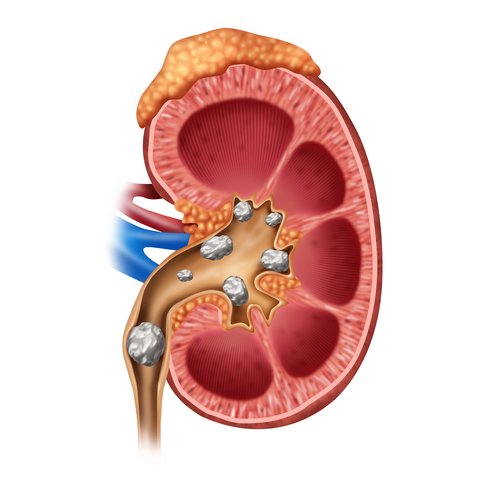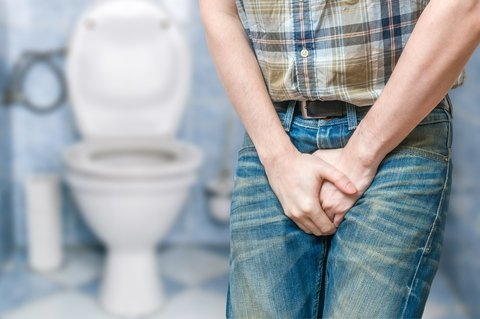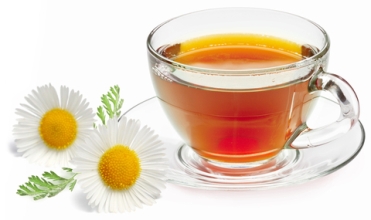Simple Home Remedies for Anxiety
"Let food be your medicine and your medicine be your food. Each one of the substances in a person's diet, acts upon the body and changes it in some unique way, and upon these changes the whole life depends, whether in health, in sickness or convalescent."
Hippocrates 2 000 years ago.
So, here you are searching for some home remedies for anxiety, which means that either you or a loved one are battling with some form of anxiety and would really prefer to deal with this in the most natural way possible.
What is anxiety? In simple layman terms, it is a natural reaction or emotional response to things and situations thrown at us, mostly at unexpected times.
In small doses, this is not a bad thing but when it starts taking over your thinking, undermining your ability to function normally, it has become an anxiety disorder, which is defined as "abnormal or pathological worry or fear".
What are the Common Symptoms of Anxiety?
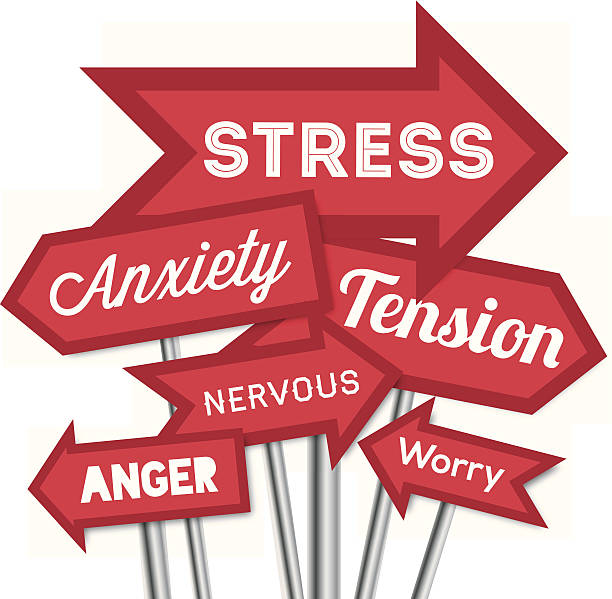 |
Anxiety can also cause hypoglycemia and heart arrhythmia and it can turn into a panic attack, when the person starts thinking about their own immortality or that something bad is going to happen to them, all in all not a very good place to be.
Interesting Note
Anxiety is far more common than we think.
Statistics say it is more prevalent in woman than in men, but the belief is that fewer men actually own up to these feelings than women do.
So where do we go from here?
We are going to list below a number of herbs that can be used to help for anxiety and the reasons why they need help.
Home Remedies for Anxiety and Catnip
Catnip is usually used as a tea and the herb is available in herb shops and health stores, but if you enjoy gardening it is fairly easy and rewarding to grow catnip yourself, as long as you don't have any cats because it definitely won't last long enough to harvest when you choose to.
WARNING: Catnip should not be used during pregnancy
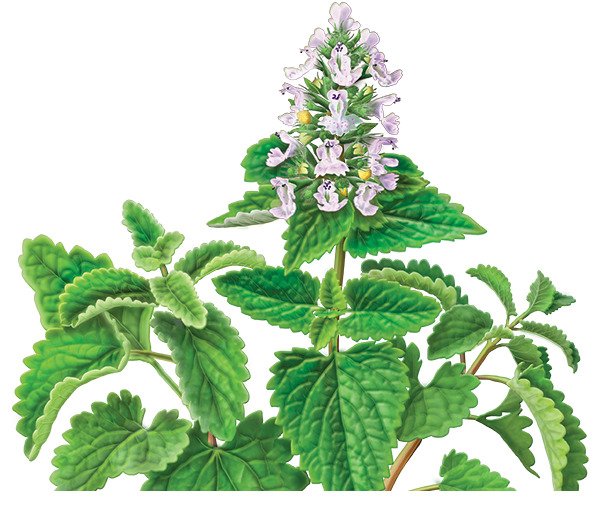 Catnip
CatnipCatnip is a potent sleep-inducer for humans, and it calms as well without affecting you the next day.
Home Remedies for Anxiety and Valerian
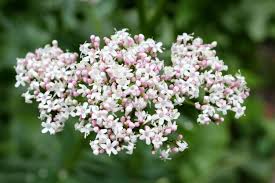
Valerian has been used for centuries as a remedy for insomnia which is one of the most common and troublesome side effects of anxiety.
Valerian is also helpful for nervousness, trembling and heart palpitations, and studies have shown its usefulness for anxiety.
Home Remedies for Anxiety and St John's Wort
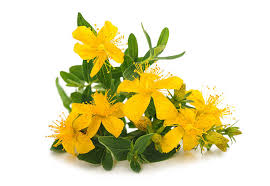 |
People will say that depression goes hand in hand with anxiety at some stage or another and St John's Wort has shown that this herbal remedy helps with mild depression, however it takes a while for it to kick in. |
St John's wort is not a quick fix, but with all it's other benefits, like been antibacterial, anti-inflammatory, antiviral and pain-relieving it is well worth a try.
Women going through menopause tend to experience some depression and St John's wort is known to be beneficial.
Home Remedies for Anxiety and Passionflower
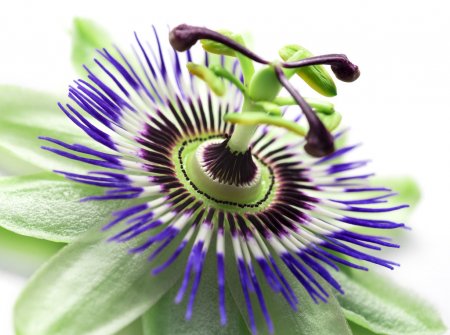
|
Passionflower is best used as a tea or tincture for the treatment of anxiety and insomnia. However, we have to highlight a few reasons why you should not consider passionflower:
|
Home Remedies for Anxiety and Chamomile
|
Chamomile, through the years has been known as a calmative for people under stress. It also has antihistamine, anti-inflammatory, antioxidant and antispasmodic properties. It is believed to lower blood sugar and protect against cancer. As an antibacterial herb, it is believed that chamomile may inhibit the growth of underarm bacteria, which eliminates underarm perspiration odor. |
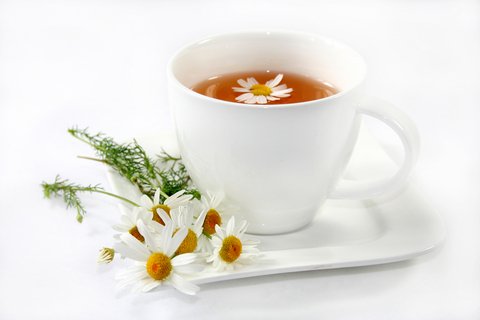 |
Home Remedies for Anxiety and Lavender
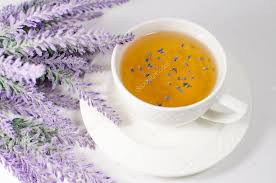 |
A lot of people will agree that there is nothing more relaxing than a cup of tea!! This lavender tea is often prescribed to treat minor ailments such as insomnia and nervousness, both related to anxiety. |
Kava Kava
|
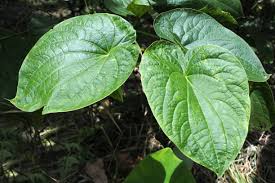 |
- Kava kava is analgesic, sedative and mildly euphoriant, and is used mostly for its sedative properties, which do not seem to impair the user's mental alertness.
- All of this makes it a very good natural home remedy for anxiety.
- And just as a matter of interest it is also suitable for treating urinary tract infections (UTIs) such as cystitis and inflammation of the prostate gland.
You Might also Like These!!
IMPORTANT NOTICE
Home Remedies Haven would like to reassure all the visitors to our site, that we respect your privacy and do not in any way sell personal information.

